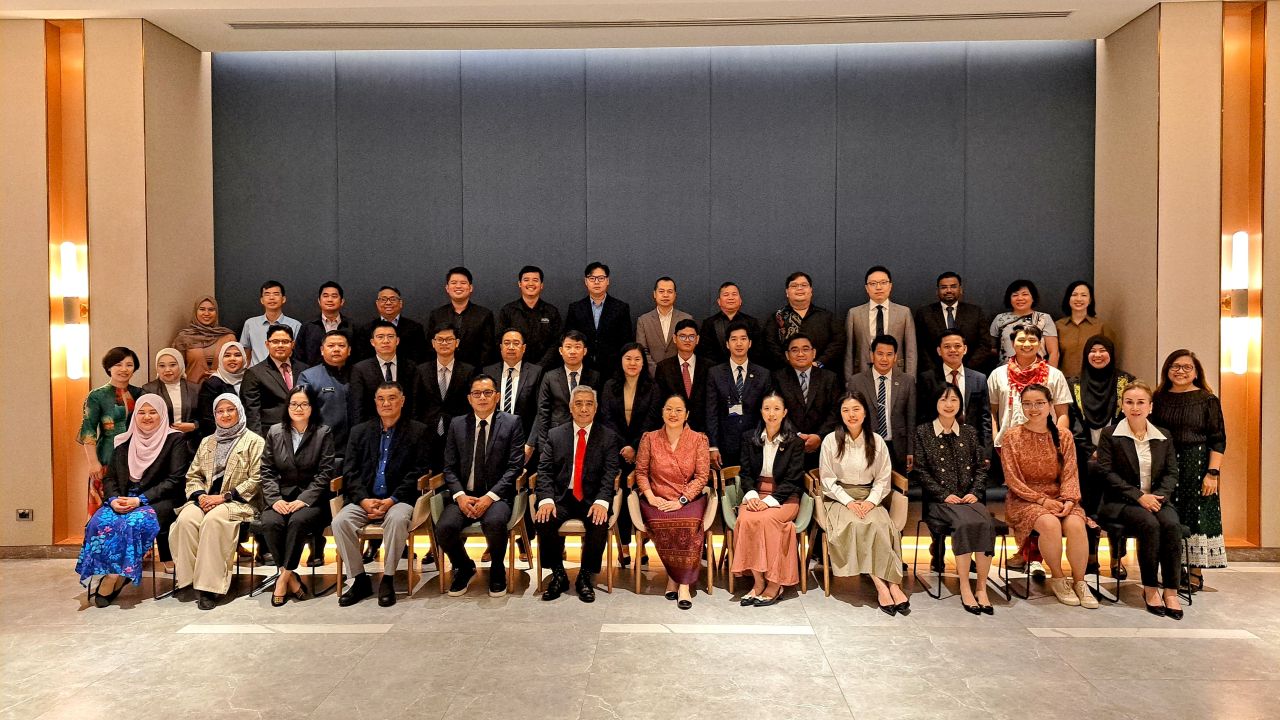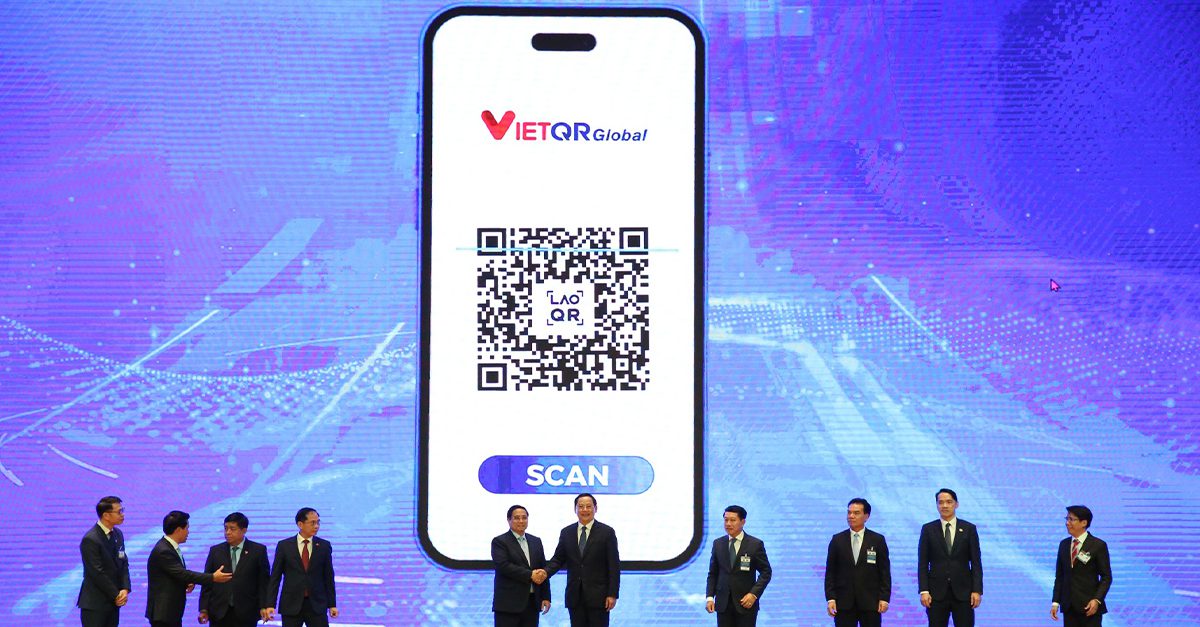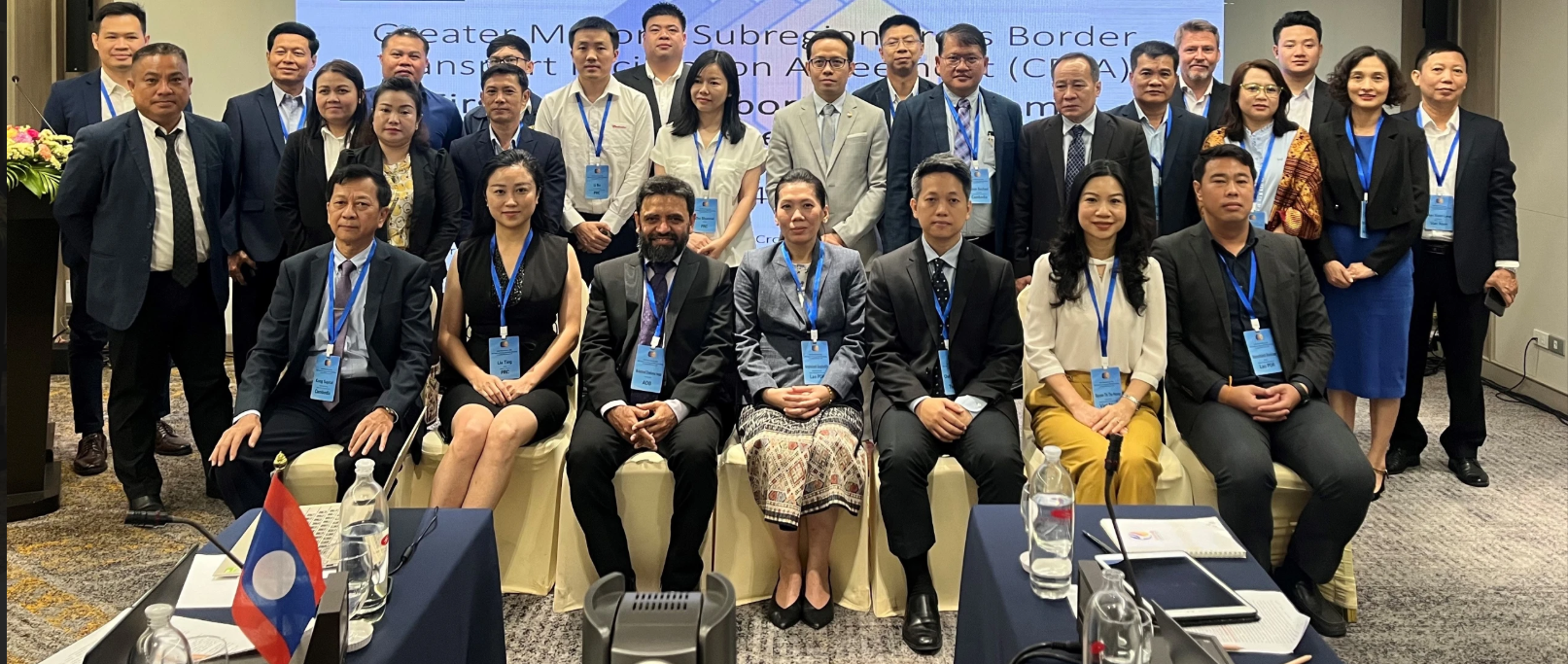ADB Supports Construction of Sustainable Transport Links to U-Tapao Airport in Thailand’s Eastern Economic Corridor
The Asian Development Bank (ADB) and the Government of Thailand signed the Climate-Resilient Connectivity for the Eastern Economic Corridor Project: The Intercity Motorway No. 7 on 6 June 2025. The $68.74 million loan agreement will provide a sustainable land transport network to the U-Tapao Airport in the Eastern Economic Corridor (EEC). The EEC is a manufacturing and innovation hub in eastern Thailand supported by multimodal transport links, including rail, road, and air transport.








